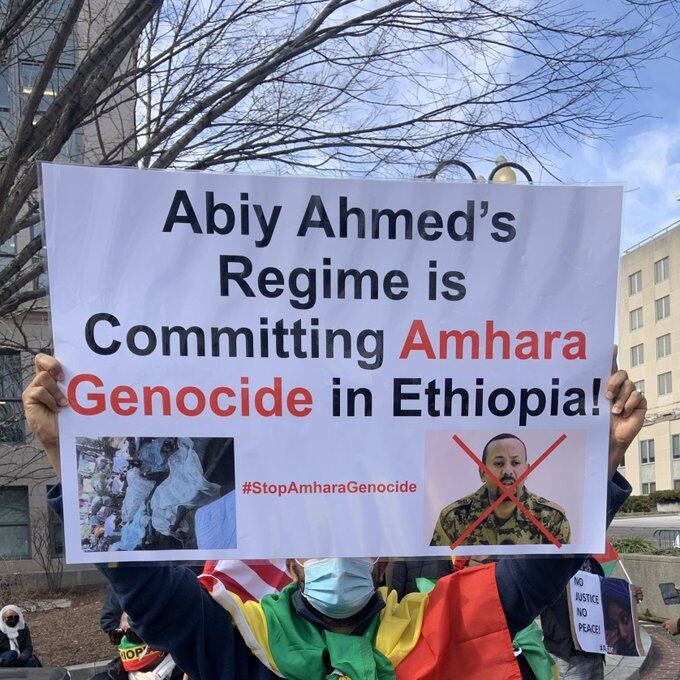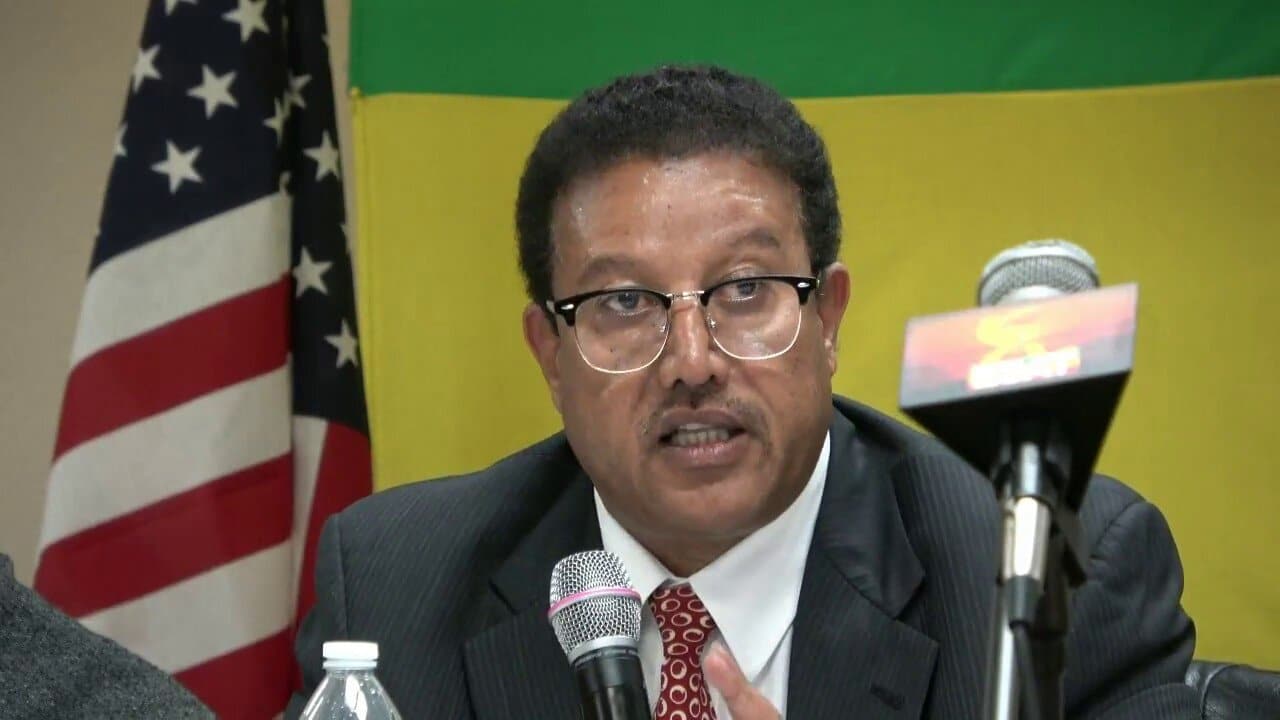
By Abe Lema
In the context of East African politics, the influence of President William Ruto of Kenya versus Prime Minister Abiy Ahmed of Ethiopia in the eyes of the United States can be analyzed through several lenses, including diplomatic relations, economic partnerships, security cooperation, and regional leadership. Here’s a detailed exploration of their respective standings and implications:

- Diplomatic Relations
President William Ruto of Kenya:
- Positive Engagement:President Ruto’s visit to the US underscores Kenya’s proactive approach to fostering strong diplomatic relations with Washington. The US views Kenya as a stable and reliable partner in East Africa.
- Focus on Partnerships:Ruto has emphasized economic cooperation, trade agreements, and security collaboration, aligning with US interests in the region.
- Human Rights and Governance:Kenya has generally maintained a better human rights record compared to Ethiopia, which aligns more closely with US values and foreign policy goals.
Prime Minister Abiy Ahmed of Ethiopia:
- Strained Relations:Abiy’s tenure has seen deteriorating relations with the US, primarily due to the Tigray conflict and associated human rights abuses. The US has imposed sanctions and reduced aid in response to these issues.
- Internal Focus:Abiy’s government has been preoccupied with internal conflicts, limiting its capacity to engage positively on the international stage.
- Economic Partnerships
Kenya:
- Trade and Investment:Kenya is actively seeking to enhance trade relations with the US, focusing on sectors such as technology, agriculture, and manufacturing. The renewal and potential expansion of the African Growth and Opportunity Act (AGOA) are pivotal.
- Investment Climate:Kenya’s relatively stable political environment and strategic economic policies make it an attractive destination for US investment.
Ethiopia:
- Economic Challenges:The ongoing conflict has severely impacted Ethiopia’s economy, discouraging foreign investment. The suspension of US aid has further strained the economic situation.
- Potential for Growth:Despite current challenges, Ethiopia has significant potential for economic growth, particularly in manufacturing and agriculture, if stability is restored.
- Security Cooperation
Kenya:
- Counter-Terrorism:Kenya is a key partner in US-led counter-terrorism efforts in East Africa, particularly against Al-Shabaab in Somalia. The US supports Kenya’s security apparatus through funding, training, and intelligence sharing.
- Regional Stability:Kenya’s role in promoting regional stability aligns with US interests, making it a crucial ally in maintaining peace and security in East Africa.
Ethiopia:
- Internal Security Issues:Ethiopia’s internal conflicts have diverted its focus from regional security cooperation. The US has expressed concerns about human rights violations by Ethiopian security forces.
- Historical Role:Historically, Ethiopia has been a significant partner in regional security, but current instability has diminished its capacity to contribute effectively.
- Regional Leadership and Influence
Kenya:
- Diplomatic Leadership:Kenya’s active diplomacy, exemplified by Ruto’s US visit, enhances its influence in regional and international forums, including the African Union (AU) and the United Nations.
- Economic Hub:Nairobi’s status as a financial and logistical hub in East Africa further cements Kenya’s leadership position.
Ethiopia:
- Geopolitical Significance:Despite current challenges, Ethiopia remains geopolitically significant due to its size, population, and historical influence in the region.
- Potential Mediation Role:If Ethiopia can resolve its internal conflicts, it could regain its status as a regional leader and mediator in East African affairs.
Conclusion

For the US, Kenya represents a reliable partner in promoting regional stability, economic growth, and security cooperation. Ethiopia, while still geopolitically important, needs to address its internal challenges to restore its diplomatic and economic standing both regionally and internationally.



I don’t see anything that can be judged as worrisome by the new status of Kenyan and USA’s relationship. I see it just another upgrade and I don’t sense any sign of one is welcome to the big house and another one being sent to the dog house. We should remember that Kenya was unstable along ethnic lines, for example, between the Kikuyu and Luo. The 2007-2008 bloody conflict is still an open file. But Kenya somehow has found ways to resolve the problem and now you can hear a pin drop along the ethnic fault line. It must generously be rewarded for that achievement. Don’t forget Kenya and Ethiopia have a defense pact signed in and still effective since the late 1960’s. For Good Ole USA, it is like getting all the eggs in one basket and it should be taken as good news for Ethiopia, Kenya and USA. Let’s move on.
Interesting comparison with objectivity in author’s own comparison. I do think that the facts used by the author for Abiy-Ruto comparison are out there. Certainly governing Ethiopia can be much more difficult that governing Kenya, given the size of the Ethiopian population and the political dynamics characterized by full of conflict and popular frustration. Nonetheless, Ethiopia has always maintain its foreign policy independence. Abyi Amhed is in a lot of political mess, but he can be someone to reckon with, come American geopolitical engagement in the Horn of Africa.